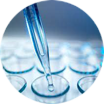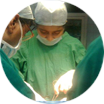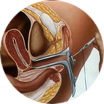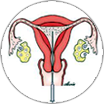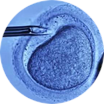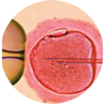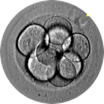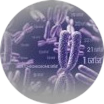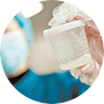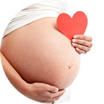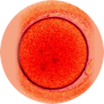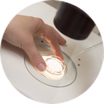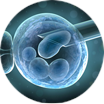Non Invasive Treatment in Male Infertility, Azoospermia -
Special Test for Infertile Men Could Reduce Need for Surgery
In current years researchers have developed non-surgical tests that could be used to tell whether men with zero sperm counts might be able to father children via IVF.
Non-obstructive infertility refers to the failure of sperm to develop properly. In this case retrieving sperm for use in IVF is very difficult, and often impossible. But when the cause is obstruction in a man’s reproductive system, sperm retrieval is much easier.
In a recent press meet Dr.S. Mukherjee mentioned: 'You can avoid biopsies in many of the men. And directly can put for IVF ICSI cycles after the score assessment. Particularly for those lots of men, who just want to know whether their options remain'.
in other study, lead by Dr Andrei Drabovich, at Canada told the press that the pair of proteins - ECM1 and TEX101 were selected from 2,000 candidate biomarkers. Their predictive value was tested first in 30 patients, then on an additional 119. The researchers were able to distinguish obstructive from non-obstructive infertility every time, although the test could not be considered 100 percent accurate.
Speaking to BBC News, Dr Allan Pacey, senior lecturer in andrology at the University of Sheffield and chair of the British Fertility Society, said the study was 'very encouraging indeed'.
'It could help men make better decisions, avoid unnecessary surgical procedures and potentially help save money by not having to do surgical procedures that aren't needed'.



